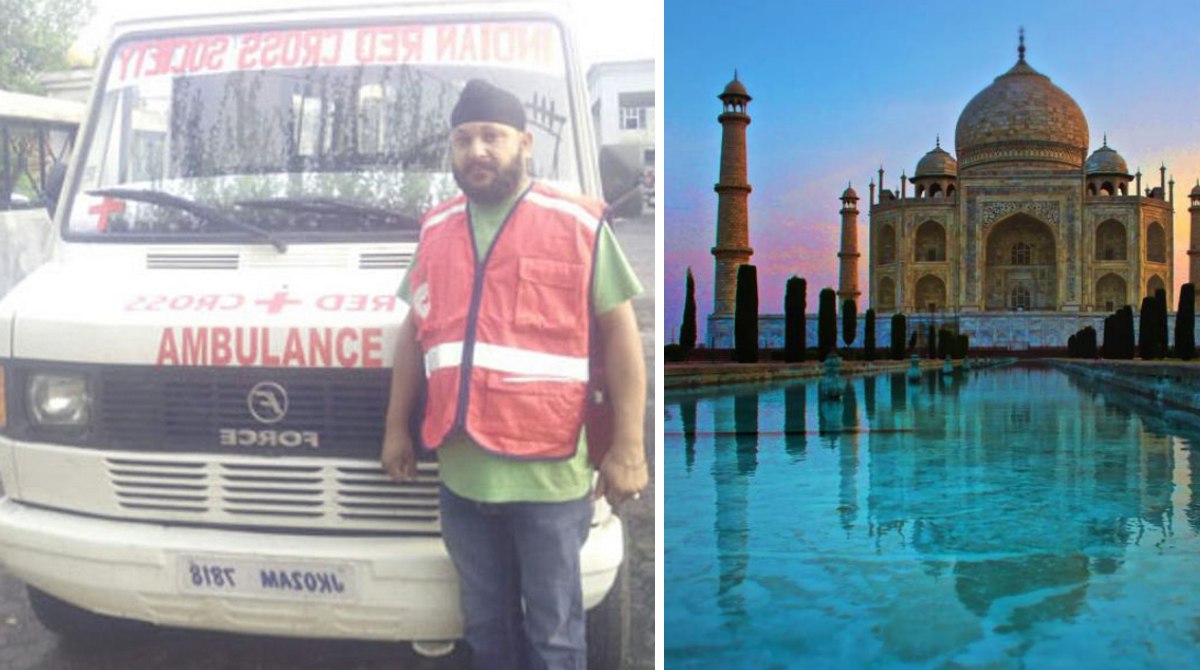A Spanish tourist died of a stroke while on holiday in India, after which her children followed her mother’s wishes and donated her organs for a transplant. Such a decision helped medics save the lives of 5 people and impressed many residents. The story of the tourist was published by the newspaper “El Faro de Ceuta”.
Teresa Fernandez, a retired doctor from Spain, loved to travel and came to India for the fourth time. Just the next day after arriving in Mumbai, the woman suffered a stroke and fell into a coma. Local doctors contacted Teresa’s children, Arturo and Aytana, to report their mother’s critical condition. Being also a doctor by profession, Aitana got acquainted with the results of the tests, understood the seriousness of the situation, and flew to India with her brother.
“As soon as I saw my mother in the bed in the intensive care unit, I realized that she was not going to wake up. We played Louis Armstrong’s songs, classical music, the voices of friends and relatives… But nothing helped,” Aytana recalls.
After 6 days in a coma, Teresa Fernandez died. Her children told doctors that their mother wanted to donate her organs. She always expressed her desire to be a donor. Although it was a difficult decision for the children, they still fulfilled their mother’s will.
Aytana explains: “My mother always said she wanted to become an organ donor. The Indian doctors were very surprised when I told them about it. It seemed strange to them. Although organ donation is quite normal in Spain. Data from the Spanish National Transplantation Organization show that in 2022, 2,196 deceased people became organ donors in Spain (46.3 cases per million inhabitants), and only 552 in India (0.4 cases per million citizens).
The only fact that caused the fears of Teresa Fernandez’s children turned out to be India’s reputation as a haven for organ trafficking in the world. There, entire networks of traffickers were exposed who, under duress or deception, brought people from Nepal to India for transplants of their organs to rich people who could afford to pay for them.
This made Aytana and Arturo start to doubt and distrust the system. “Recipients won’t pay for organs, right?”, “There’s a waiting list and the most urgent cases will be served first, right?”, “Organs won’t go to whoever has more money, right?” – they asked the doctors such questions. After receiving the answers, they still made a positive decision.
According to the National Organ and Tissue Transplantation Organization of India, the lungs, liver, and kidneys of Teresa Fernandez were donated to three Indian patients, the heart to a citizen of Lebanon, and the liver to a 54-year-old doctor from Mumbai. In total, Teresa extended the lives of 5 people.
Aitana is proud to say that the family was even presented with a diploma because Teresa was the first non-Asian donor and the second foreigner to donate organs in India. In 2019, a citizen of Nepal became the first international donor in the country.
The Indian press called Teresa a heroine and wrote a lot about this case. Almost no one becomes an organ donor in India, and they decided to cite her as an example of how important such decisions are. Dr. Sudhir Ambekar, the neurosurgeon who treated the Spanish woman, said that people should learn from the family that did not hesitate to donate organs to strangers in a foreign country. “They have shown how humanism is not limited by geographical boundaries, setting an example for us all,” said Dr. Ambekar.

